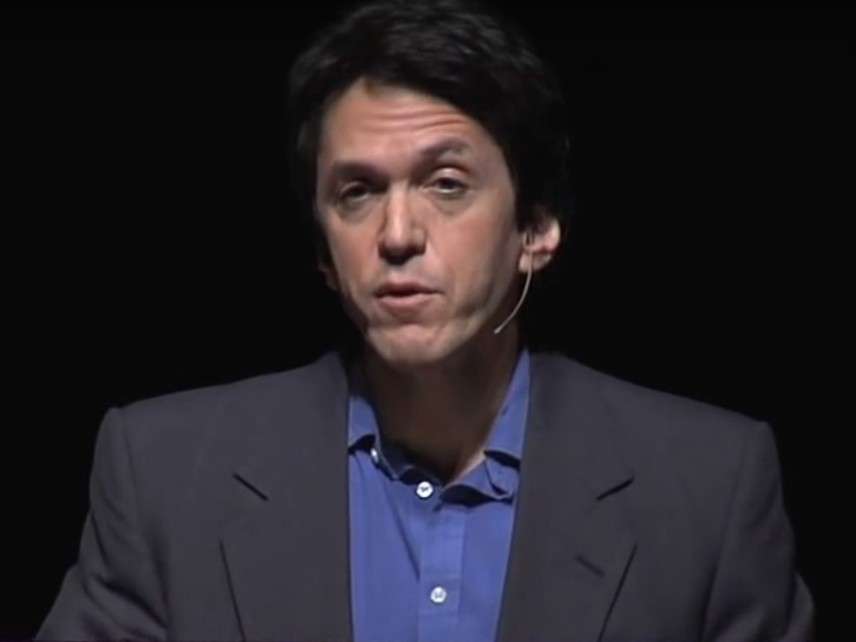Michigan's Pot Tax Is Too Low, Mitch Albom Says, Because It Could Be Higher
The Detroit Free Press columnist seems oblivious to black-market competition.

Under Proposal 1, the marijuana legalization initiative that Michigan voters approved last week, cannabis products will be subject to a 10 percent special sales tax. Detroit Free Press columnist Mitch Albom thinks that rate is way too low:
The goal [of legalization], at least partly, was to redirect the money going to (then) illegal drug dealers and put it to better public use through the government.
And how did we do this? By passing amongst the lowest tax rates on pot in the country. Dealers in Michigan will only have to shoulder a 10 percent excise tax—plus collect our normal 6 percent sales tax, which is what you pay if you buy a toaster at Best Buy.
By comparison, the state of Washington charges 37 percent sales tax on pot. Colorado takes a 15 percent sales tax and a 15 percent excise tax. Oregon, which doesn't have a sales tax on anything else, slaps 17 percent on marijuana. California levies a 15 percent excise tax plus a product-tax rate on every flower and leaf.
And Michigan? We just voted in about the cheapest deal in America. Which means private marijuana enterprises can make more profit here than almost anywhere else.
As Cheech might say to Chong. "Whoa, dude. We did that?"
We did.
No doubt Albom thought he was being clever by deploying a Cheech & Chong reference to portray supporters of legalization as idiots, a rhetorical technique that was already hackneyed when the drug czar used it two decades ago. But if anyone is hazy on the subject of marijuana taxes, it is Albom, who seems to assume that higher rates inevitably mean more money for "public use." If that were true, why stop at 37 percent? Why not 50 or 100 percent?
The problem is that cannabis consumers can continue buying pot the way they always have and are apt to do so if the prices in state-licensed stores are substantially higher than they are on the black market. Politicians who want to displace the black market, or even just maximize tax revenue, ignore that tendency at their peril. Canadian legislators, noting that heavy marijuana taxes in places like California and Washington had made it hard for licensed merchants to compete with old-fashioned pot dealers, settled on a rate similar to Michigan's. So did Massachusetts. Those decisions were based not on ideological opposition to high taxes but on a practical understanding of what happens when legal businesses are undersold by unlicensed competitors: Much, maybe most, of the market is not taxed at all.
Albom, by contrast, seems genuinely oblivious to the effects of competition. "Collecting the lowest taxes doesn't mean you'll get the lowest prices," he says. "Economics might suggest that, but greed is not subject to rules. After all, the state won't be selling you your marijuana, private businesses will. They can charge what they want."
Yes, they can charge whatever they want, as long as they don't mind losing business to competitors who charge less. According to Albom, some people are so greedy that they don't care about making money.

Show Comments (12)